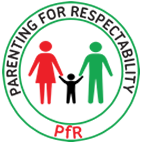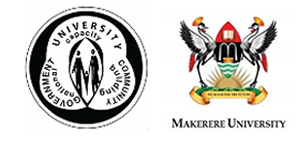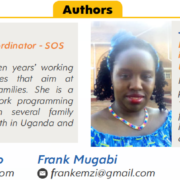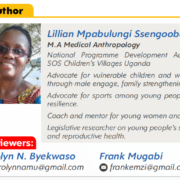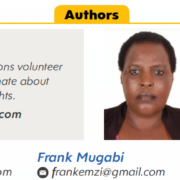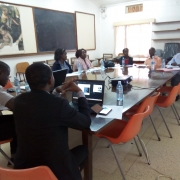During both the before-and-after (proof of concept) and RCT, key stakeholders (policy makers, programmers and advocates) from relevant Ministries and Departments, such as the Ministry of Gender, Labour and Social Development (MoGLSD), Ministry of Health, and child protection agencies will be involved in the programme, and will be encouraged to make technical input during the intervention. Initially two senior officials, one from the Ministry of Gender Labour and Social Development (Mr James Kabogoza), and one from a Local NGO, SOS Children’s Villages, have been identified to be part of the core study team. In addition to making input into the design and delivery of the programme, they will lead the development of an approach and process of engagement and dialogue with key stakeholders to enhance the utilisation of the research once completed. Meetings with selected stakeholders, including programme and policy-decision makers, advocates, and media, at national and local (district and sub county) will be held at different stages of the project to assess progress review and identify strategic opportunities to increase stakeholder receptivity to the research.
